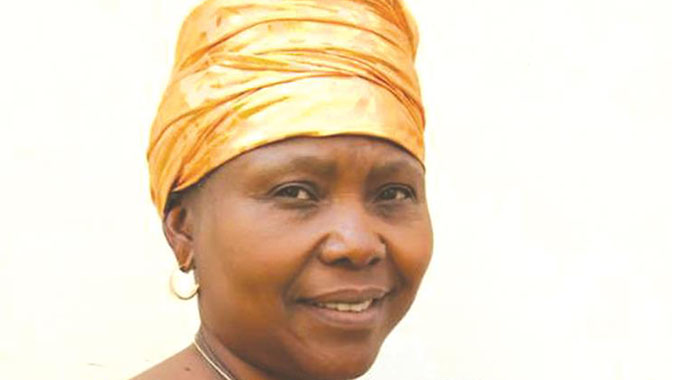Fears of ‘epidemic rebound’ as HIV, TB funding gaps grow

Countries across the globe are at risk of witnessing an HIV and tuberculosis “epidemic rebound” because of a decline in funding, experts have warned.
In a 56-page report published yesterday, global aid agency Médecins Sans Frontières said that a rapid shift in funding models for HIV and TB is putting a decade of progress in jeopardy.
The diseases continue to kill more than two million people every year, with 10 million new TB infections in 2017 and 1,7 million new HIV cases last year. Only five countries have met targets to reduce HIV deaths by 75 percent by 2020.
But investment in essential prevention, diagnostic and treatment services is falling as the financial burden is shifting from international donors to affected countries.
According to MSF, this transition is taking place too quickly — with developing countries struggling to compensate for shortfalls.
In 2018 funding for HIV programmes from domestic and international sources fell for the first time in more than a decade, dropping by roughly US$1 billion in low- and middle- income countries.
The gap for TB programmes is also growing — according to UN figures, the shortfall has now reached US$3,5 billion.
The MSF report, titled “Burden sharing, or burden shifting?”, is based on nine countries where the organisation runs HIV and TB programmes: Central African Republic, Democratic Republic of Congo, Eswatini, Guinea, Kenya, Malawi, Mozambique, Myanmar and Zimbabwe.
It calls for an urgent “reality check” and funding boosts to prevent disease resurgence — as well as a new assessment to determine how much more money affected countries can realistically commit to TB and HIV programmes in the immediate future.
Backtracking
“This recent downward trajectory in funding comes at a critical juncture for the HIV and TB response,” said Dr Mit Philips, one of the contributing authors of the report.
“While gains made in countries such as Mozambique are at significant risk of backtracking, there is an even higher risk that countries in regions such as West and Central Africa, which are already lagging behind in the HIV and TB response, may see the situation deteriorate even further,” he said.
The report comes ahead of a major funding conference in Lyon later this week. The Global Fund to Fight Aids, Malaria and Tuberculosis will host its three-yearly “replenishment” event, where it will ask for US$14 billion from donors for 2020 to 2023 — an increase of $1.1 billion from 2016.
The fund says the money will help save 16 million lives, cut the mortality rate from HIV, TB and malaria in half and build stronger health systems.
“Every day, MSF teams . . . witness how patients are suffering and dying from these treatable diseases,” says Dr Maria Guevara, another of the report’s contributing authors. “The number of people on lifetime HIV treatment keeps on expanding, but the money available to support them keeps on shrinking.
“Donor countries must urgently reverse the recent decline in HIV and TB funding and adapt their approach to the challenges facing their partner countries. Failing to fix this will undermine past achievements and may lead to an epidemic rebound that will cost many lives.
She added: “The Global Fund replenishment conference should mark a crucial moment in mobilising the necessary resources to prevent the response from veering further off track.” — Telegraph UK









Comments